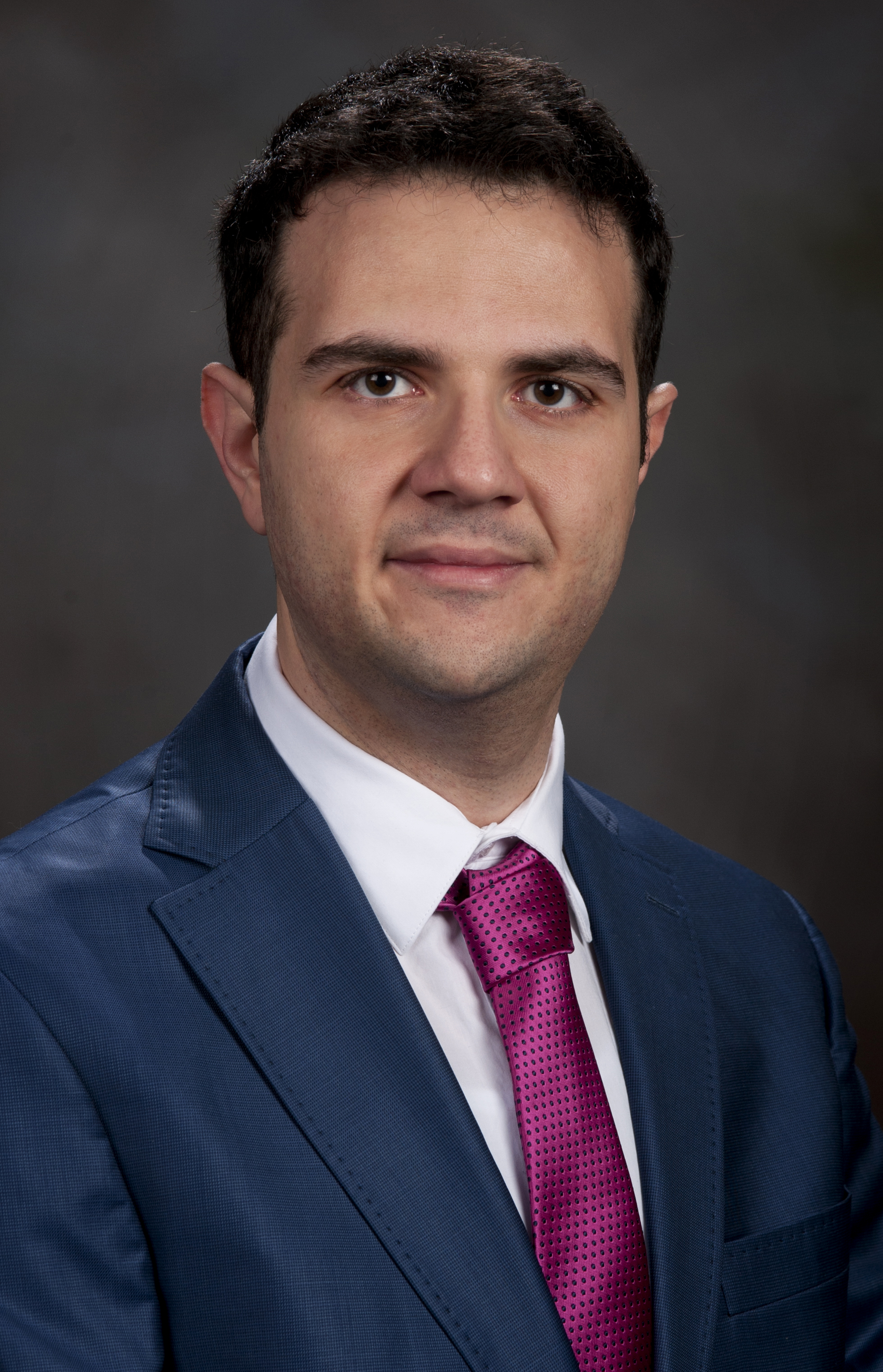Walid Saad's research will help improve wireless communications for U.S. Navy

Communication is critical in military operations. It can be a matter of life or death.
The modern battlefield can include a massive number of devices – sensors, surveillance, apparatus, wearable devices, and autonomous vehicles – that can enhance situational awareness for soldiers or provide important tactical advantages during missions.
With this in mind, the military is looking for ways to ensure that the communication between such machine-type devices is pervasive and reliable.
As a recipient of a 2015 Young Investigator Program award with the Office of Naval Research (ONR), Walid Saad, an assistant professor in Virginia Tech's Bradley Department of Electrical and Computer Engineering, will be able to further his investigation into the optimization of wireless machine-to-machine (M2M) communications, and, in particular, for tactical wireless networks for the battlefield or other military missions
Traditionally, commercial entities like Bluetooth or Zigbee handle low-rate machine-to-machine communications. As more physical things become interconnected and the volume of data increases, it becomes increasingly important that wireless connections are pervasive and reliable.
Saad's interdisciplinary research will weave together strands from wireless networks, game theory, and reinforcement learning to develop innovations that will help optimize M2M resource management, create self-organizing learning algorithms, and create realistic models for M2M traffic and network deployment tailored towards future wireless networks.
"This project will develop a foundational mathematical framework that will enable future naval communication networks to effectively integrate and sustain a massive number of machine-type devices," Saad said.
Saad's work looks at many of the potential obstacles, bottlenecks, and pitfalls that could result from the integration of machine-type devices into a tactical wireless network, including constrained resources (limited energy sources and computational power, for instance), massive amounts of data, and excessive machine-to-machine chatter, and overhead that current networks aren't designed to handle.
"These recipients demonstrate the type of visionary, multidisciplinary thought that helps the U.S. Navy anticipate and adapt to a dynamic battlespace," said Larry Schuette, the Office of Naval Research's director of research. "The breadth of their research and combined value of awards underscore the significance the Navy places on ingenuity, wherever it's harbored, and support the framework for a Naval Innovation Network built on people, ideas and information."
Saad, who joined Virginia Tech in 2014, hold a bachelor's degree from Lebanese University, a master's degree from American University of Beirut and a Ph.D. from the University of Oslo in Norway.
The Young Investigator Program, one of the most selective scientific research advancement programs in the country, is designed to promote the professional development of early-career academic scientists, both as researchers and instructors.
Collectively, the 36 investigators chosen out of 383 applicants for the 2015 program will receive $18.8 million to fund research across a range of science and technology areas that can benefit the mission of the U.S. Navy. The funding will support laboratory equipment, graduate student stipends and scholarships, and other expenses critical to ongoing and planned investigational studies.




